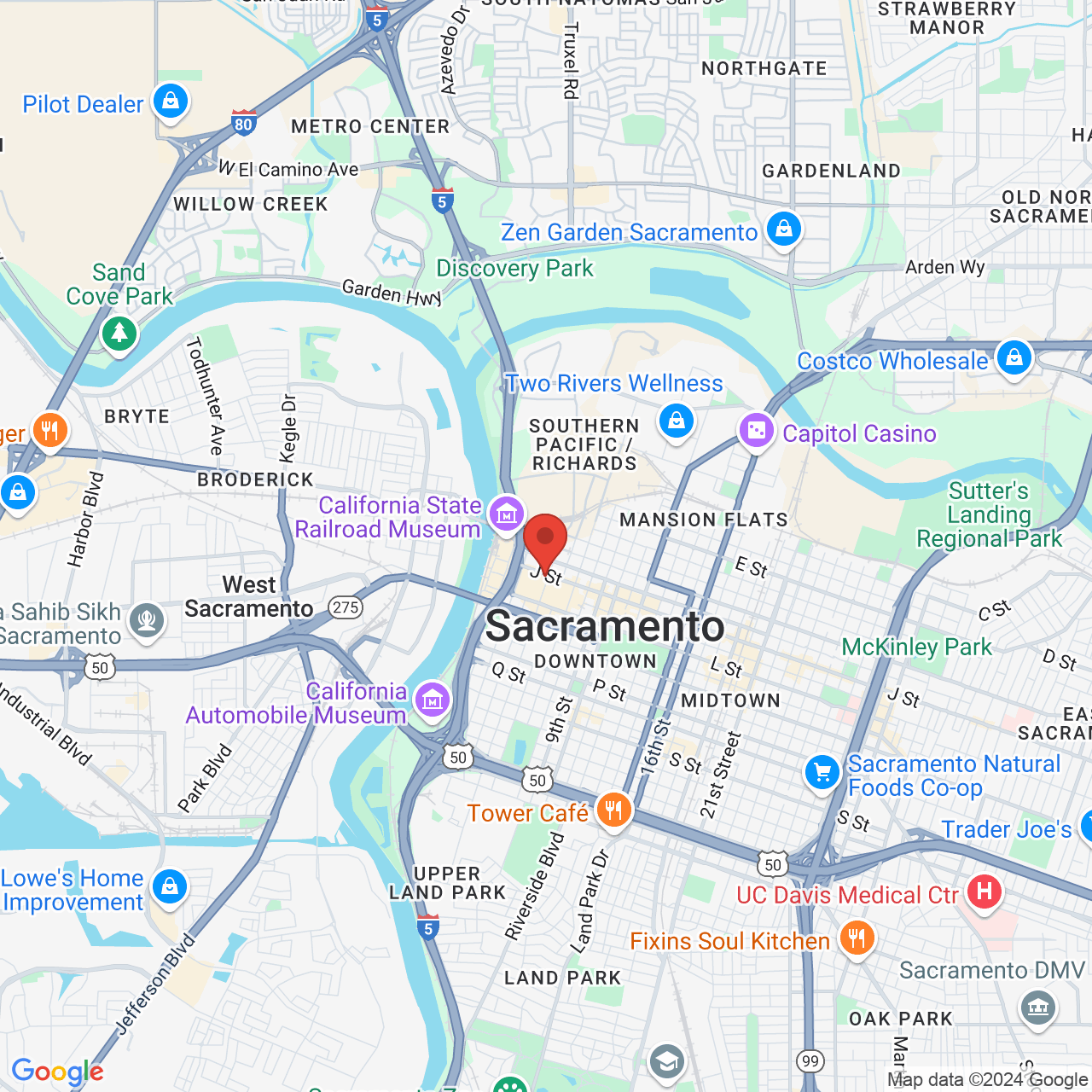Can Employers Mandate COVID-19 Vaccines?
 As the nation still struggles to get the COVID-19 pandemic under control, a lot of attention has turned to vaccine mandates. In recent weeks, there has been a rise in the number of companies announcing COVID-19 vaccine mandates for their employees. Mandate announcements have left employees with many questions, the greatest of which is, “can employers mandate COVID-19 vaccines?”
As the nation still struggles to get the COVID-19 pandemic under control, a lot of attention has turned to vaccine mandates. In recent weeks, there has been a rise in the number of companies announcing COVID-19 vaccine mandates for their employees. Mandate announcements have left employees with many questions, the greatest of which is, “can employers mandate COVID-19 vaccines?”
Employment lawyer Gregory Thyberg is happy to help workers in the Sacramento, CA, area understand the employment laws that relate to vaccine mandates. Here, we also explore the options that may be available to employees who are ineligible to get the vaccine, or who choose not to for religious reasons.
Are Employer Vaccine Mandates Legal?
There are a lot of nuances to employer vaccine mandates, but in the most basic terms, employers can legally implement COVID-19 vaccine mandates for their workers. Employment law ensures that both public and private employers have not only the right, but also the duty, to provide a safe workplace for their employees. Because COVID-19 poses a threat to workers, vaccine mandates can be enacted to enhance worker safety.
While vaccine mandates are technically legal, there are circumstances where exemptions need to be made. If employees have union representation, the employer may need to bargain and reach an agreement with the union before a mandate can be put in place. And any employer needs to either excuse or consider reasonable accommodations for employees who refuse the vaccine due to a disability or sincerely held religious belief.
Complying with ADA
The Americans with Disabilities Act (ADA) protects workers from discrimination on the basis of a physical or mental disability. Although the ADA allows employers to have policies in place that include "a requirement that an individual shall not pose a direct threat to the health or safety of individuals in the workplace," it does hold them responsible for offering reasonable accommodations if the policy cannot be met because of a disability.
In regards to a COVID-19 vaccine mandate, if a disability excludes a worker from receiving the vaccine, their employer would have to show that the lack of a vaccine would make them a threat to others in the workplace. If a non-vaccinated employee does pose a direct threat to others, then the employer would have to consider whether reasonable accommodations could be made to allow them to continue performing their job duties without posing a threat.
Complying with Title VII of the Civil Rights Act of 1964
Title VII of the Civil Rights Act of 1964 is another law that affects employer vaccine mandates. Title VII requires an employer to accommodate an employee’s sincerely held religious beliefs, practices, or observances, unless it would place an undue hardship on the business. Under Title VII, if an employee refuses the COVID vaccine because of their sincerely held religious beliefs, the employer should consider if reasonable accommodations can be made.
Reasonable Accommodations for Employees
If an employee is unvaccinated for reasons pertaining to a disability or religious belief, their employer is required to consider whether reasonable accommodations can be made. Reasonable accommodations are adjustments that allow an employee to perform their job duties without posing a threat to others. Possible accommodations for unvaccinated employees include:
- Socially distanced workspace
- Use of a face mask
- Regular COVID-19 testing
- Alternate work hours
- Working from home
What if Reasonable Accommodations Cannot Be Made?
If reasonable accommodations cannot be made, Sacramento employers have the right to bar employees from entering the workplace. However, this does not necessarily mean that the employee can be fired, at least not right away. If employees have been banned from their workplace, attorney Gregory Thyberg can help them explore their options for paid or unpaid leave.
Contact Gregory Thyberg
If your employer has announced a COVID-19 vaccine mandate, and you have questions about your rights, Gregory Thyberg can provide you with valuable information. To learn more, contact us online, or call our Sacramento law firm at (916) 204-9173.


